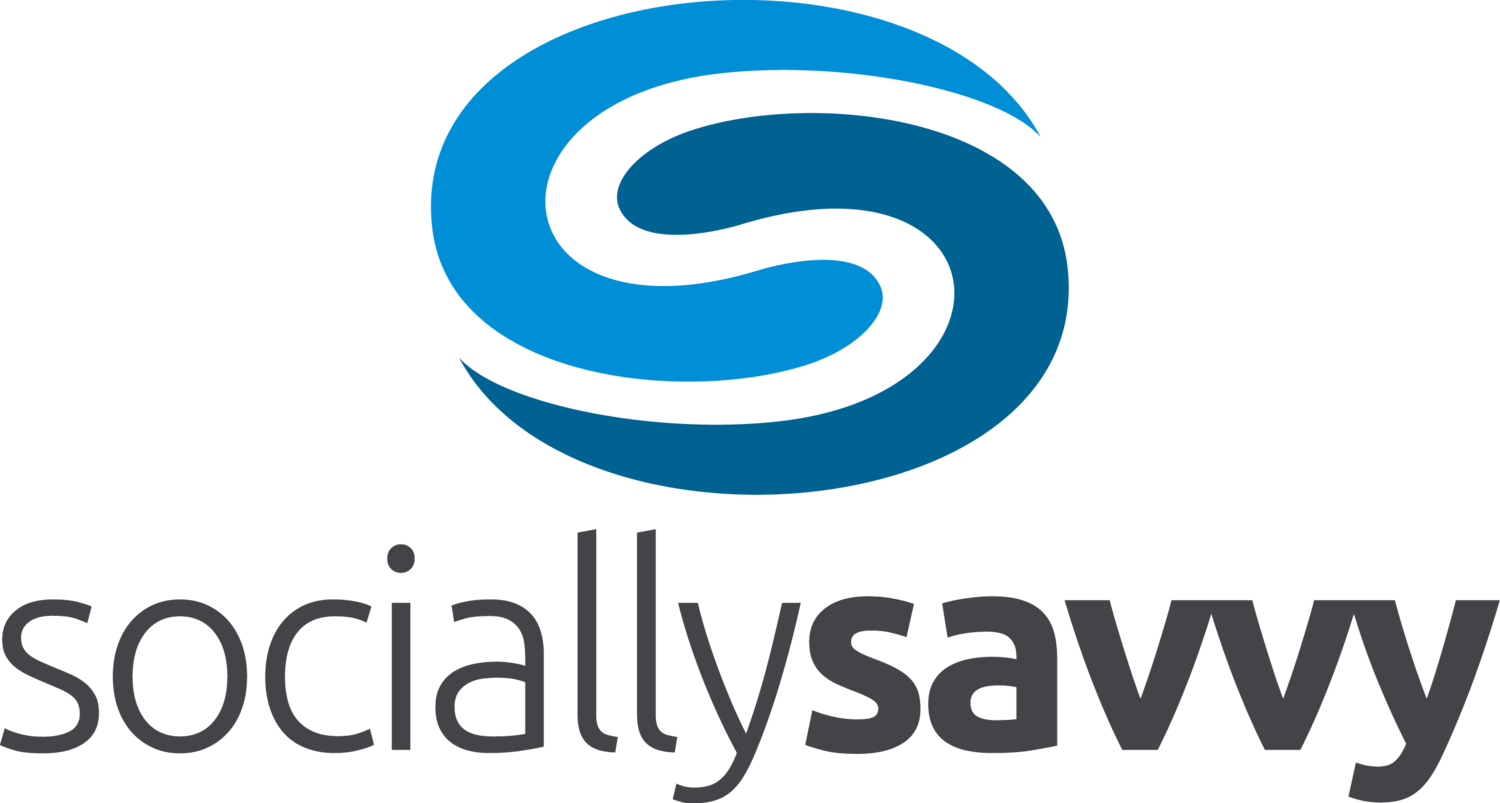The Future of the Accounting Profession
Disruption is occurring in every aspect of every organization. The use of new, fast and frequently changing digital technology to solve problems has captivated leadership teams and boardrooms around the globe. And, for accounting leaders serious about inspiring and impelling their team into the future, the effective use of digital communications has become an essential, core, professional skill.
21st Century Communication Skills are Critical to the CPA and Accounting Professional Success
At the end of the day, social media is simply another way to communicate. The value of operating in a trusted, validated network is in knowledge, learning, access to trusted resources, referrals, reliability, productivity and the removal of communication, process, and information friction.
It is important to acknowledge the potential risks that the use of social media and social business presents to your accounting practice, and ensure these risks are identified and addressed, including:
Loss or damage to the firm’s brand, image and reputation,
Misuse of information by CPAs and accounting professionals,
Inappropriate behavior,
Lack of control over content,
Increased exposure to viruses or other malware.
Guidelines for use of social media should be established to minimize these risks while maximizing opportunities to support the organization’s mission.
How to Get Started
Mastering effective social communications and understanding the impact moving on and offline fluidly can have on the effectiveness of today’s accounting professional takes focus.
To propel oneself or one’s firm, it is important to:
Accelerate CPA and accounting professionals’ social business acumen to enhance professional communication and proficiency with social media.
Enable the CPA and accounting professionals’ understanding of digital citizenship and their digital identity.
Train to a common basics standard in social business to improve accounting professional career readiness.
To achieve these objectives, a social business training program for your accounting firm should include:
Activation and optimization of CPA and accounting professionals’ profiles and digital identities
An approach to growing and deepening network
Plan for growth of original content and a culture of content
A strategy and science to develop audience, authority, reputation, and influence
Process re-engineering to make social media a discipline and part of accountant and firm practice
A continuing professional education (CPE) program will help to maintain currency with the changes and evolution of social media and social business communications, and provide CPAs and accountants with the needed skills to effectively engage and interact with corporate audiences, both internally and externally.
CPA and Accounting Professional Benefits
By providing CPAs and accounting professionals in your firm the needed training in the effective use of social media, you will achieve:
Activated and optimized social identities for professional channels (such as LinkedIn and Twitter)
An understanding of 21st century communications and digital citizenship best practices
A framework for evolving and maintaining digital identity based on industry best practices, tactics and techniques
Stronger online stewardship practices and social and professional judgment
Conclusions & Take Aways
More so than ever before, knowledge is power, and ethics are paramount. Additionally, and as leaders in today’s connected economy, each of us has a responsibility to close the skills gap – upskill and reskill our teams, employees, and colleagues - so that no one is left behind.
Social CPAs and accounting professionals are perceived as innovative and have a positive impact on their firm’s information sharing and reputation. Social CPAs and accounting professionals put a face on and create a voice for their organization. If you have trepidation about social business, start with internal communications, but quickly find your external voice.
Maintain transparency and authenticity. Openly share successes and challenges along the social business transformation journey to spur adoption across the firm, and consider communicating the stories socially. Make social business transformation part of practice and instill value in the program by recognizing achievement by others.
Get started with social business - formalize your social business training program as part of CPE. Formalize a social business and personal brand building program at your firm. Start with a pilot group and quickly standardize, roll out, and evolve the training to maintain consistency of standards across the organization.
In leading in social business, you as an organizational leader will set the tone and provide the direction to be followed and emulated. Set the example for other CPAs, accounting professionals, and your accounting practice to follow.

